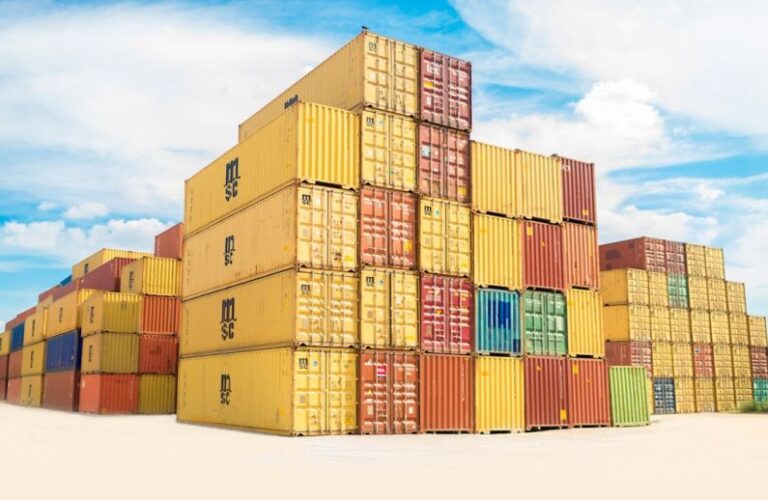Emerging Markets and Their Influence on Global Logistics
As the world continues to evolve and economies develop, emerging markets play an increasingly significant role in shaping global logistics. These dynamic regions are characterized by rapid industrialization, urbanization, and technological advancements, leading to shifts in supply chain dynamics and transportation networks. Understanding the influence of emerging markets on global logistics is crucial for businesses seeking to expand their operations and remain competitive in an ever-changing marketplace.
The Rise of Emerging Markets
Emerging markets, often found in regions such as Asia, Latin America, and Africa, are experiencing robust economic growth and industrial development. These countries are becoming major players in the global economy, attracting foreign investment and driving demand for goods and services. With a growing middle class and increasing consumer spending, emerging markets present lucrative opportunities for businesses looking to expand their market reach.
Supply Chain Complexity
The rise of emerging markets has led to a more complex and interconnected global supply chain. As businesses source materials and components from different parts of the world, logistics networks have become more intricate, requiring efficient coordination and management. The demand for faster delivery times and lower costs has forced companies to rethink their supply chain strategies and leverage technology to optimize operations.
Infrastructure Challenges
Despite their economic potential, many emerging markets face infrastructure challenges that can impact logistics operations. Inadequate transportation networks, congested ports, and unreliable power supply can lead to delays and disruptions in the supply chain. To overcome these challenges, businesses must work closely with local authorities and invest in infrastructure improvements to ensure smooth operations and timely delivery of goods.
Opportunities for Innovation
The rapid growth of emerging markets has created opportunities for innovation in global logistics. Companies are leveraging technology such as artificial intelligence, blockchain, and Internet of Things (IoT) to streamline operations, track shipments in real-time, and improve efficiency. By embracing digitalization and automation, businesses can enhance visibility, reduce costs, and better respond to market demands in emerging markets.
Adapting to Market Trends
Emerging markets are known for their fast-paced and ever-changing business environment. Companies operating in these regions must be agile and adaptable to market trends and consumer preferences. By staying informed about local regulations, cultural nuances, and competitive landscape, businesses can tailor their logistics strategies to meet the unique needs of emerging markets and stay ahead of the competition.
Sustainability and Corporate Social Responsibility
With the rise of environmental awareness and social responsibility, businesses are increasingly focusing on sustainability in global logistics operations. Emerging markets present opportunities for companies to implement eco-friendly practices, reduce carbon emissions, and support local communities. By integrating sustainability initiatives into their supply chain, businesses can enhance their brand reputation, attract environmentally-conscious consumers, and contribute to a more sustainable future.
The Future of Global Logistics
As emerging markets continue to grow and evolve, their influence on global logistics will only intensify. Businesses that proactively adapt to market trends, invest in technology, and prioritize sustainability will be well-positioned to capitalize on the opportunities presented by emerging markets. By understanding the complexities of logistics in these dynamic regions, businesses can navigate challenges, drive innovation, and achieve success in the global marketplace.
In conclusion, the rise of emerging markets is reshaping the landscape of global logistics, presenting both challenges and opportunities for businesses worldwide. By embracing digitalization, optimizing supply chain networks, and prioritizing sustainability, companies can thrive in the dynamic environment of emerging markets and drive growth in the global economy. The future of global logistics lies in the hands of businesses that are willing to innovate, adapt, and seize the opportunities presented by emerging markets.






